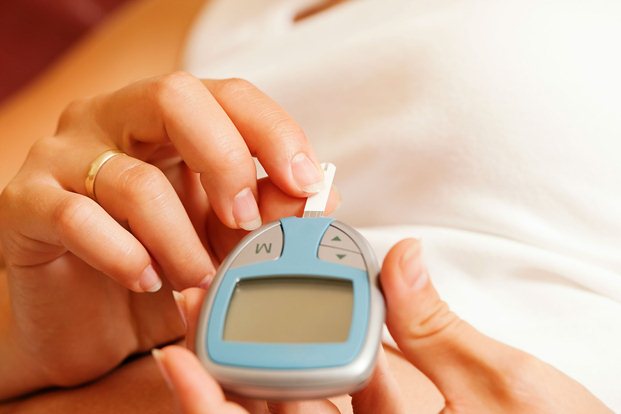Can Diabetes Affect Your Menstrual Cycle?
Apr 19, 2022
Your menstrual release has a connection with your body’s blood sugar levels. The effect varies on the basis of various factors, including person to person.
A large number of women claim that their blood sugar level increases a couple of days before their periods. Many allege that their blood sugar is above normal during their menstrual cycle. While some affirm that their glucose count drops drastically during this period.

Why Does It Happen?
The medical science is not very sure about why or how does it happen. But, some experts suggest that the changes in the hormones could be behind this fluctuation. During periods, the release of oestrogen and progesterone hormones affects the body’s insulin resistance temporarily. In some women, this disturbance is constant; they experience the same effect every month. However, for others, this keeps changing every month.
Maintaining a record of the ups and downs in your blood sugar level will help your doctor provide a suitable prescription for diabetes. This will also help your doctor to determine if this has a link to a health condition.
Solutions
Too high or too low blood glucose level – both are adverse conditions, even though caused by hormonal disturbance before and during menstruation. If your sugar level goes up, you can increase your insulin intake after consulting your doctor. That is suggestible only if you are insulin dependent. But, if you are not, you will need to control your sugar and carbohydrate intakes.
If your glucose level drops, you should speak to your medical specialist and take preventive and curative measures based on his/her recommendations.
Some women report increase in appetite before and during periods. If you are one of them, you should control your cravings and follow your balanced diet. To avoid troubling your insulin resistance, you should stay away from sugary and high card foods. Just for your information, sugary food is that, that tastes sweet. And high-carb food is that, that has high levels of carbohydrate such as oatmeal, rice, starchy vegetables, cereal, and bread.









